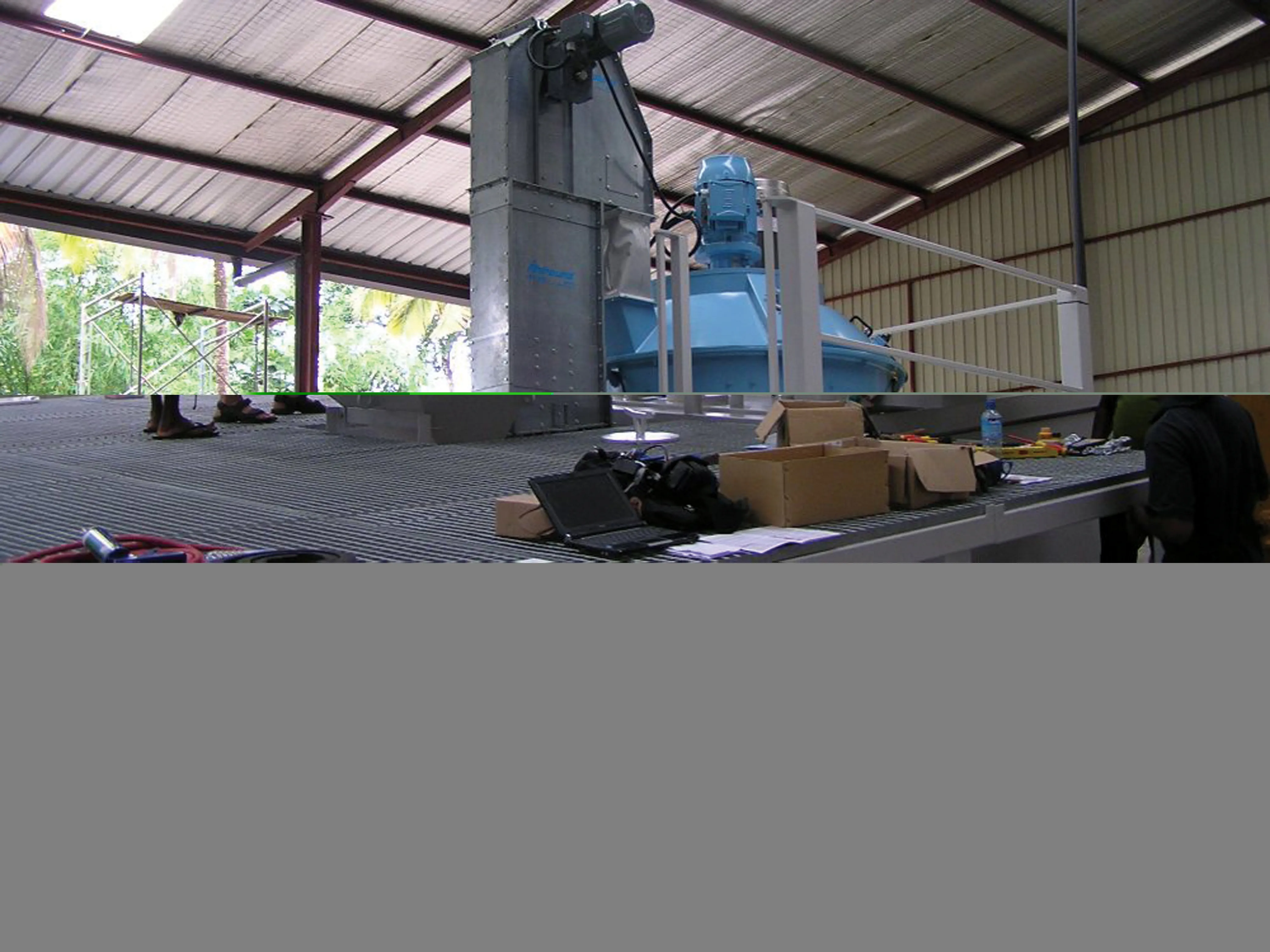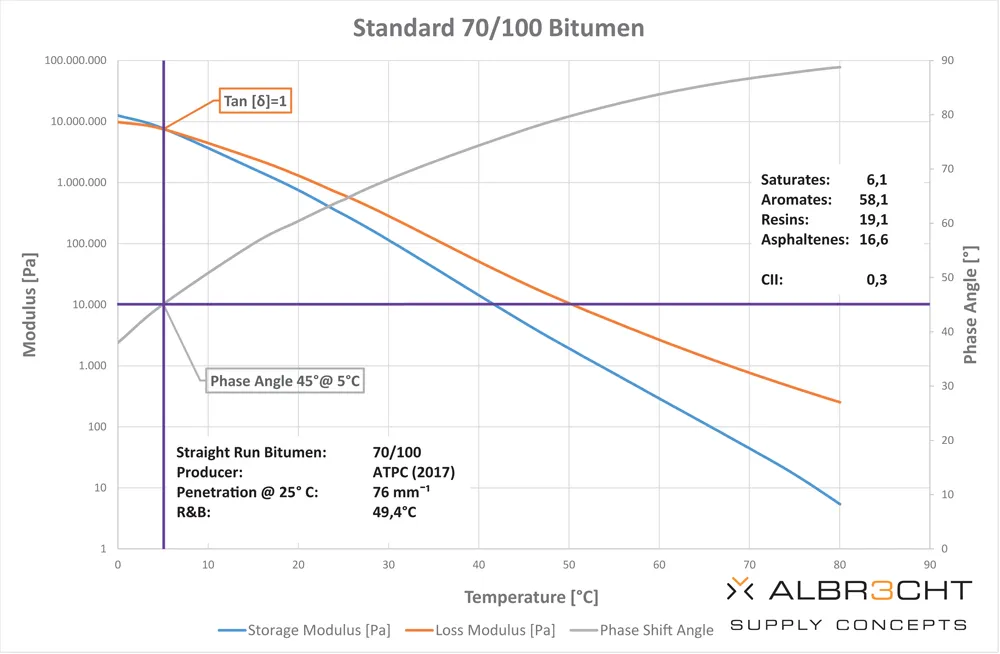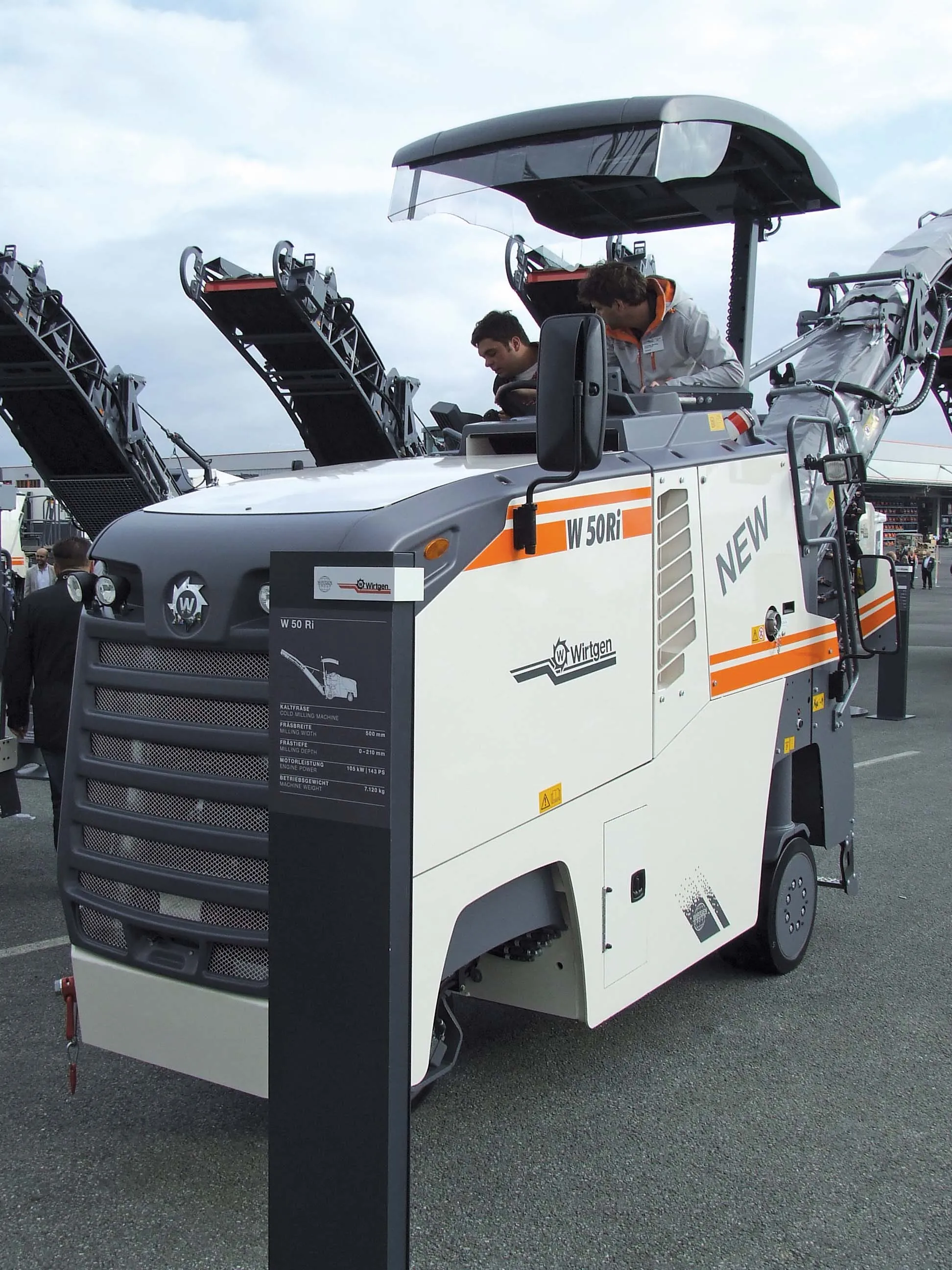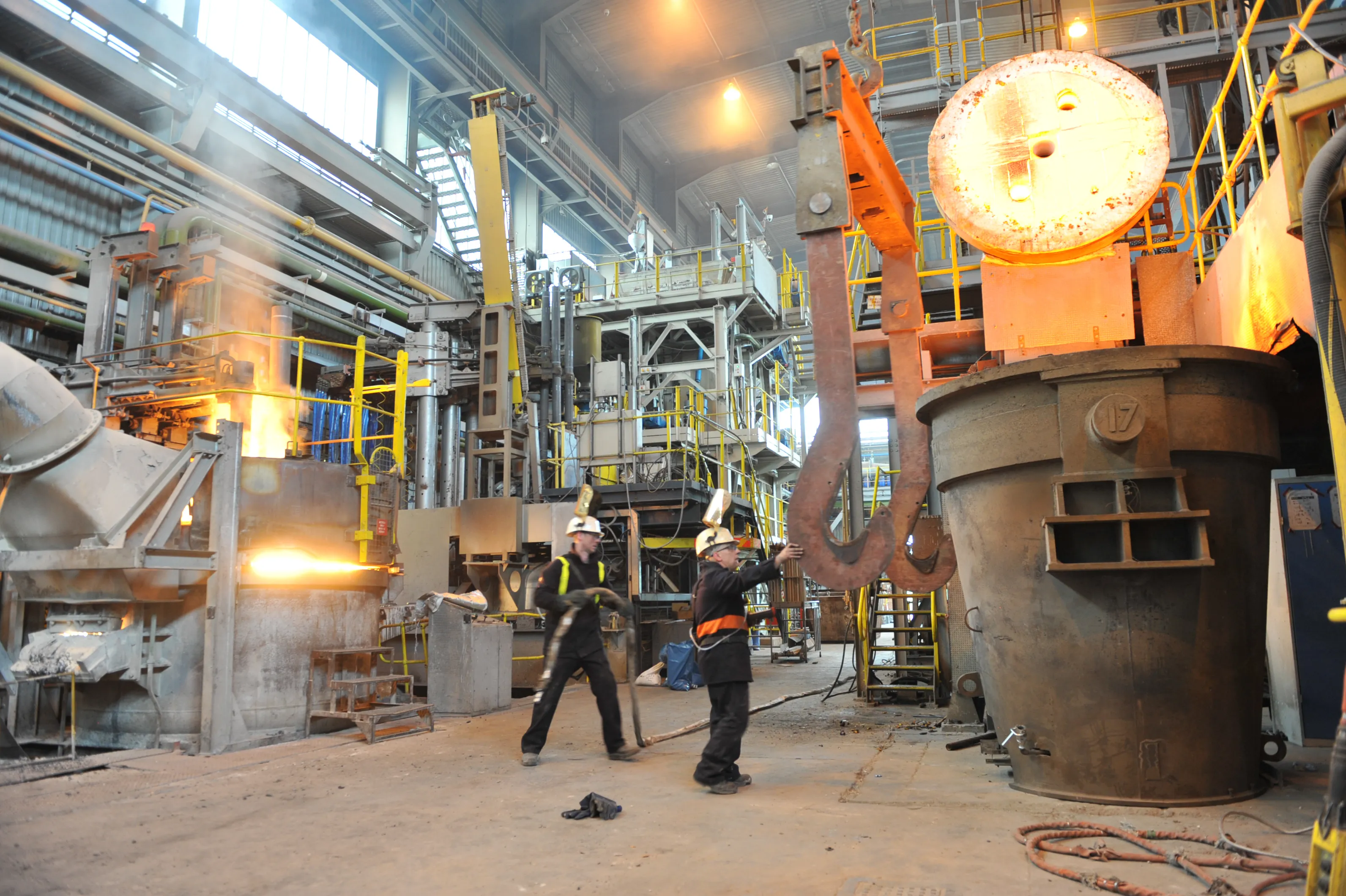PROMAX Industries has now broadened its worldwide presence with the establishment of a production facility in Sri Lanka.
The firm now has a deal with a local firm for a thermoplastic production plant using the PROMAX CF02 system. The partner for this facility is TDP Products in Kahawala, Padukka. The Sri Lankan producer was set–up by TD Priyantha who has been planning for some time to start manufacturing road marking products for the Sri Lankan market. TDP Products and
February 24, 2012
Read time: 3 mins

PROMAX Industries has now broadened its worldwide presence with the establishment of a production facility in Sri Lanka.
The firm now has a deal with a local firm for a thermoplastic production plant using the PROMAX CF02 system. The partner for this facility is TDP Products in Kahawala, Padukka. The Sri Lankan producer was set–up by TD Priyantha who has been planning for some time to start manufacturing road marking products for the Sri Lankan market. TDP Products andThe materials have passed the requirements of the Sri Lanka government laboratory, including full scale trials, while following guidelines and standards on product development and use. The use of TDP Thermo-line thermoplastic road marking materials in Sri Lanka is helping development and brings added environmental and economic benefits according to the firm. Development of innovative road marking material based on local raw materials, ensures reduced reliance on expensive imported raw materials. This also reduces transportation of materials and cuts project delays arising from shortages of materials.
PROMAX has considerable experience producing thermoplastic products for its home market and has broadened its manufacturing capabilities in recent years. Since 2005 PROMAX has supplied the CF03 Thermoplastic Production Plant to customers in Belarus, Sweden, Iran, Portugal and Russia. This is a sophisticated thermoplastic manufacturing system for road marking material that is built on modular lines. This system allows the firm to assemble the plant and commission it in just five working days. The plants can be installed in the small manufacturing facilities as they are compact and efficient and only require an electrical power supply once installed.
The CF03 plant is able to produce more than 500 thermoplastic compounds and can be supplied with an advanced batch production control and registration system. PROMAX can also offer a range of services for thermoplastic production including project management, site management solutions and quality control and development. This system allows customers the possibility of a consistent and fast return of the investment and the possibility to fully control the quality of the thermoplastic compounds and the production development.
The CF03 plant weighs 28tonnes and measures 26.6m long by 2.5m wide and 5.6m high, with a computerised PLC control package. This plant features 32m3 tanks and produces 1tonne of material/batch in a 12-15 minute production cycle, allowing an output of around 4tonnes/hour.









